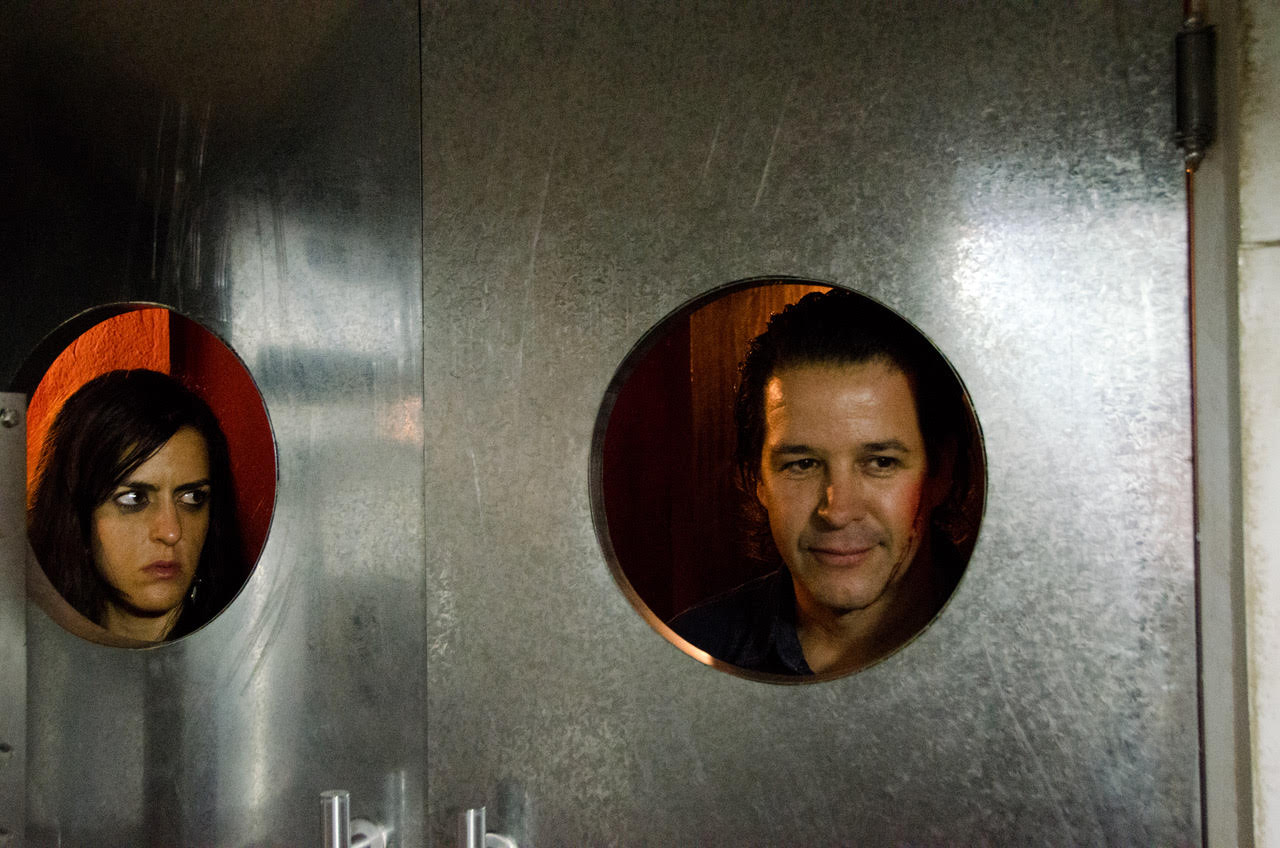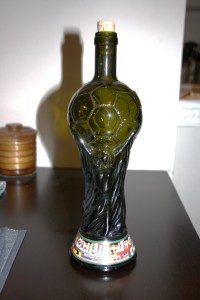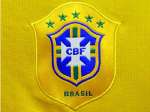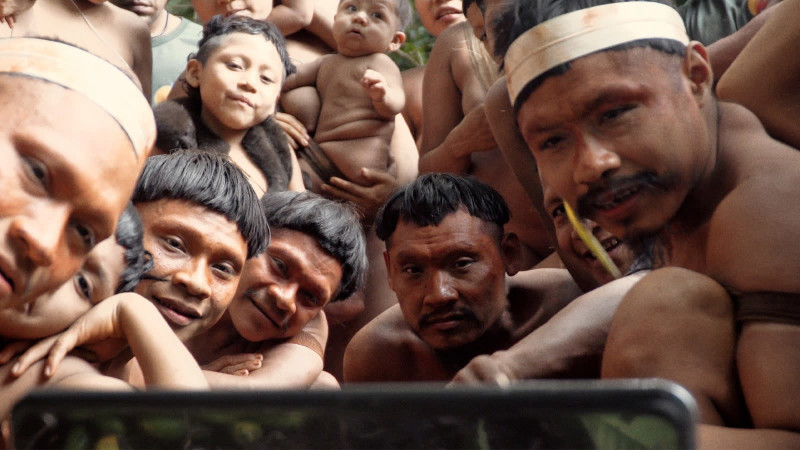
One thing about documentaries is that they give an intriguing look at people from various parts of the world. The Invention Of The Other is an intriguing look at Indigenous Brazilians and how they try to continue to live their way of life at a time of increased modernization.
It’s 2019. The Brazilian government has organized a mission. The mission is conducted by FUNAI: a Brazilian state protection agency that works with Indigenous rights. The mission, led by Bruno Pereira, is the most complicated mission in decades. The mission is to go into the heart of the Amazon rainforest, make contact with the Indigenous peoples, provide medical services, and locate and reconnect separated family members from the Korubo tribe, an isolated group. The Indigenous leader who is to be reconnected with his people is named Xuxu. This mission will take them along the borders of Brazil, Peru and Colombia.
This will not be an easy task. There was one previous mission where it was attempted and many who participated were killed either by loggers, miners, fisherman or drug traffickers. Reuniting with his people will not be easy for Xuxu as he has become quite modernized in many ways. He is still able to do things in traditional Indigenous manner like hunt food, but there’s concern his many years in developed society could lead to strain. He talks of eating Brazilian food of how it’s good and it takes some getting used to. He often speaks with Bruno as he’s the one Brazilian who best knows how to speak Korubo. During the trip, Xuxu sings his native songs on a daily basis.
The trip takes them along the far reaches of the rainforest along the Amazon River. Over time, it becomes obvious the Indigenous people never lost their original hunting skills. The then have to go into the jungle in order to meet up with their lost people. In the jungle, they face dangerous obstacles like trees and wild animals. Finally Xuxu and the other men reunite. It is a warm unite. His fellow tribesmen welcome him well with a dance and a ritual. Many thought he was dead. Over time we learn that Xuxu’s singing was a way to keep some connection with his people. Near the end, Xuxu tells his people of the medicines coming and prepares them for it. The film ends as a boat with cases of medicine arrives. We also learn at the end Bruno Pereira was murdered along with British journaist Dom Phillips during a 2022 expedition.
In recent decades, talk of indigenous rights has been a hot topic not just in Canada but in many nations in the Americas. The last few decades have seen a lot of achievements in fighting injustices and dismantling many oppressive systems. The national governments appear more cooperative than ever to help them along the way, but they definitely fall short. It’s either a case they don’t make it enough of a priority that they should, they simply don’t know how to do it right or they’re just not even trying to do it right.
As we watch the mission, it becomes less of a story of people trying to make their way into dangerous territory and more of a study of peoples. We learn of the Indigenous peoples and of how they live, how they hunt, how they develop a community and a family. These are people whom we’ve often dismissed as too primitive but as you look closer, they have a set of values. You see it in their families and of how Xuxu is welcomed back into the community as a brother. They have family relations and community relations that sometimes make you wonder how on earth did we as people isolate ourselves from others? How is it we can’t treat our own family and value family members the way we do? They may not have lost their primitive ways but they’ve also haven’t lost their ability to relate to other people or keep a family bonding we never bother to give.
The thing about this film is that it does a very good job of showing the peoples, the values they live by, how they live their lives and how they make peace. The problem with this film is that it appears too drawn out. There were a lot of scenes where it appeared it just took longer than it should in some moments. Even the whole running time of almost 2 1/2 hours will make some people wonder if it was really necessary to have the film that long. I’m sure the filmmaker would want to capture the essence of many of the moments, but you wonder if all that time on that scene was really necessary?
This is a good documentary form Bruno Jorge. The Indigenous people are a common subject in Jorge’s documentary. In this documentary, he takes us on a rare mission where we don’t know what will happen next but we discover the story along the way. He lets those in the mission and the cameramen who follow the various people around do the storytelling. This documentary tells the story of the mission and of the people. They tell of ways that refused to be lost to modernism and of a set of values owned by a people that should make us envious. The problem of the drawn-out scenes don’t take away from the quality of the documentary but they do drag various scenes out. It’s nice to showcase their rituals and their habits and their reunions, but the dragged-out scenes make it feel like it’s overdone. Despite this, this documentary has won an a Jury award for Best International Documentary at the Docville Film Festival in Leuven, Belgium.
The Invention Of The Other is a unique look at a peoples and the difficult mission created to reunite them with others and to bring medicines to them. The problem is it’s too long and feels drawn out. Worth seeing, but it shouldn’t be this long.




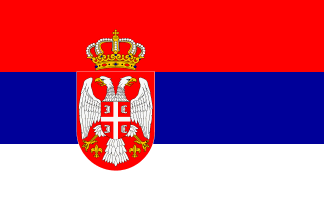



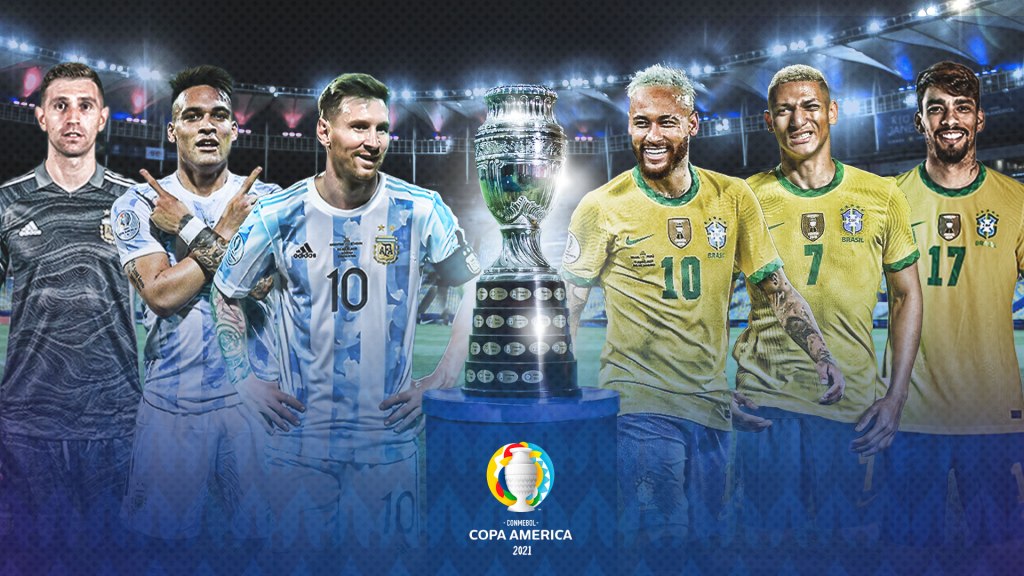
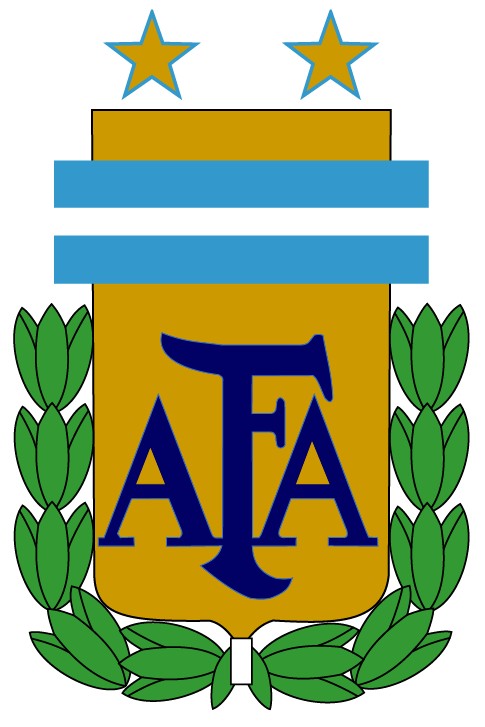 Argentina: The South American team with the second-biggest legacy in football is undoubtedly Argentina. We’re talking about a nation that has won the World Cup twice, made the World Cup finals a total of five times, and won the Copa America fourteen times. A notion that has had their share of legends on the international scene like Guillermo Stabile, Daniel Passarella, Mario Kempes, Diego Maradona, Gabriel Batistuta, Claudio Cannigia, and the latest being Lionel Messi. Messi is often seen as the tour-de-force of the Albiceleste, but playing football is not a one-man job. In fact even at this tournament, Argentina has had other top scorers like Lautaro Martinez and Alejandro Gomez.
Argentina: The South American team with the second-biggest legacy in football is undoubtedly Argentina. We’re talking about a nation that has won the World Cup twice, made the World Cup finals a total of five times, and won the Copa America fourteen times. A notion that has had their share of legends on the international scene like Guillermo Stabile, Daniel Passarella, Mario Kempes, Diego Maradona, Gabriel Batistuta, Claudio Cannigia, and the latest being Lionel Messi. Messi is often seen as the tour-de-force of the Albiceleste, but playing football is not a one-man job. In fact even at this tournament, Argentina has had other top scorers like Lautaro Martinez and Alejandro Gomez. 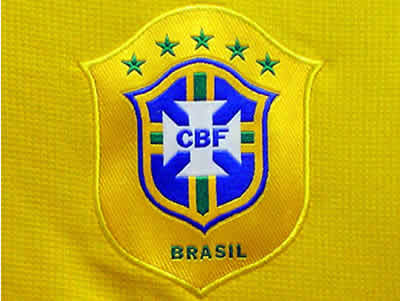 Brazil: And now onto the nation with not just the biggest football legacy of South American teams but of all teams worldwide! Brazil has won the World Cup five times in the seven finals they’ve played in and have won nine Copas. If you started a list of the legendary Brazilian players in history, you’ll end up writing forever. However Brazil is not perfect. In fact the last fifteen years have been very good at exploiting Brazil’s weaknesses. Three of the past four World Cups, they’ve been out in the quarterfinals and talk about the humiliating semifinal against Germany at the 2014 World Cup which they hosted. And if there are any teams that are best at exploiting Brazil’s weaknesses, it’s the South American teams. In fact their 2019 win was their first Copa win since 2007. In between, there were three Copas and they were out either in the quarterfinal or group play.
Brazil: And now onto the nation with not just the biggest football legacy of South American teams but of all teams worldwide! Brazil has won the World Cup five times in the seven finals they’ve played in and have won nine Copas. If you started a list of the legendary Brazilian players in history, you’ll end up writing forever. However Brazil is not perfect. In fact the last fifteen years have been very good at exploiting Brazil’s weaknesses. Three of the past four World Cups, they’ve been out in the quarterfinals and talk about the humiliating semifinal against Germany at the 2014 World Cup which they hosted. And if there are any teams that are best at exploiting Brazil’s weaknesses, it’s the South American teams. In fact their 2019 win was their first Copa win since 2007. In between, there were three Copas and they were out either in the quarterfinal or group play.


